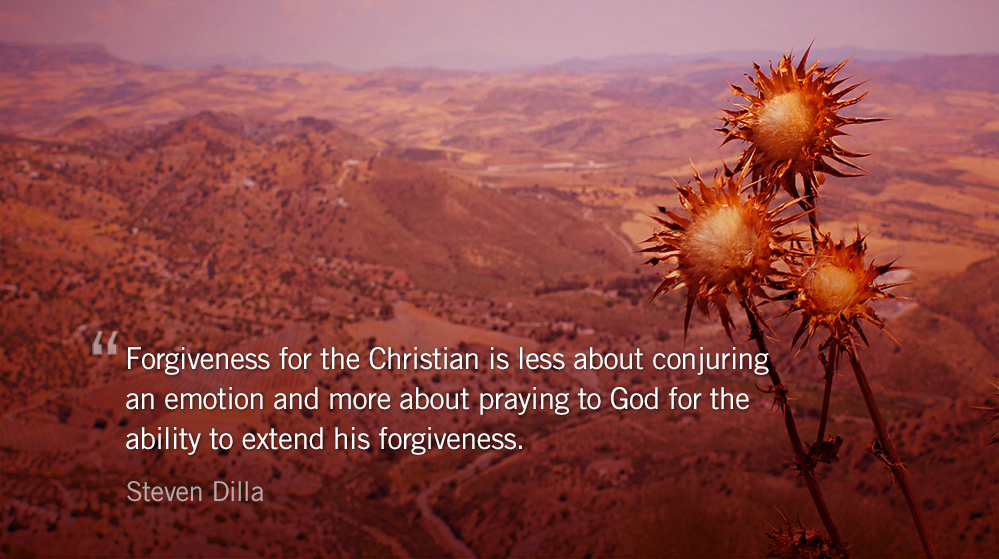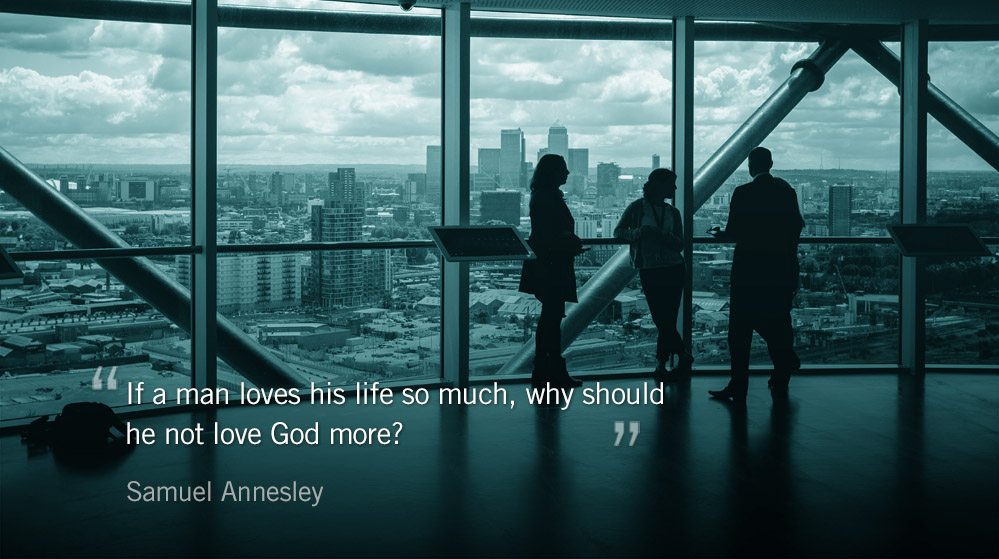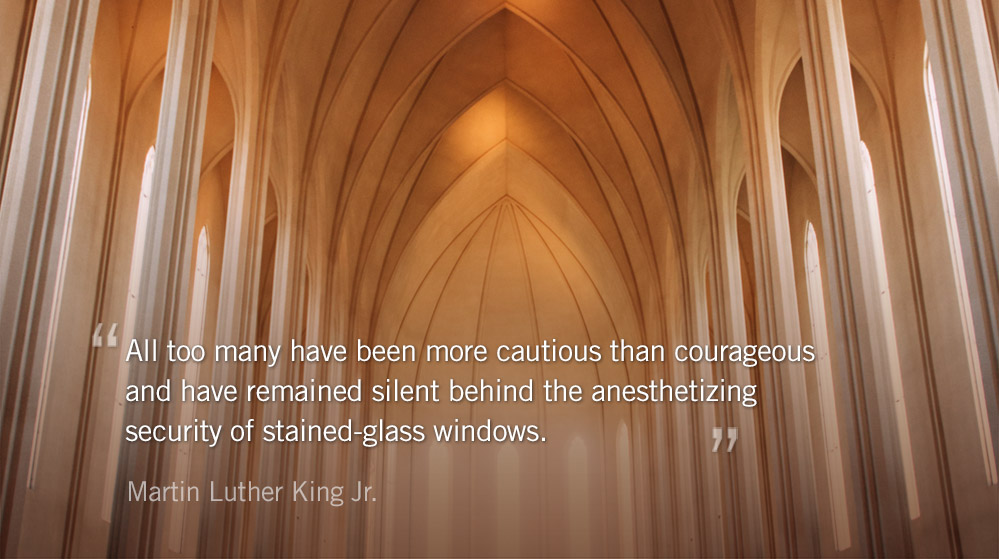Readers’ Choice (originally published January 16, 2015)
“This prayer from so long ago glorifies Christ. So much of the time our prayers, including my own, are about ourselves! This is a reminder of ‘Jesus the Christ.'” — Antonette
Matthew 16.15-16
“But what about you?” [Jesus] asked. “Who do you say I am?” Simon Peter answered, “You are the Messiah, the Son of the living God.”
In 1819, while sitting in Monticello, Thomas Jefferson finished working on his book, The Life and Morals of Jesus of Nazareth. The book would later be given the moniker, The Jefferson Bible. For countless nights Jefferson painstakingly worked his way, with razor and glue, through English, French, Latin, and Greek copies of the New Testament piecing together his own account of Jesus. The book holds Jesus as a key leader in thought and ethics, scrapping any reference to supernatural works or divine claims.
Jefferson looked to Christ exclusively as a moral guide. The Founding Father’s Naturalist views informed his work as he helped lay the foundation for American government and thought. (He began talking about the book two decades prior to its publication, in the years preceding his presidency.) Reading through Jefferson’s creation as an American is enlightening. Much of our culture’s tendency to reduce religion to moralism is set like an orchestra to the tuning pitch of Jefferson’s perspective of Christ. Reading The Jefferson Bible as a Christian, however, is disheartening.
Jesus is never given the chance to connect speech to action in Jefferson’s account. I found myself startled at the end of the Jefferson Bible. Jesus was hung on the cross and breathed his last. He spoke nothing to the heavens. After the account of his death, I turned the page and the book was over. The earth did not tremble at the loss of its redeemer. No women anointed the body of their lost friend and savior. There was certainly no resurrection in Jefferson’s account. As I sat in silence I realized that the Jefferson Bible leaves its readers only with a moral burden.
Jesus’ teachings give us aspirations for a great life and clarity of our mistakes. This was Jefferson’s lone pursuit. But the jig is up for most of us today; we know moralism can’t deliver. It’s Jesus, the Son of God, who came to take away the sins of the world. He gives us hope, joy, meaning, and peace. Peter’s proclamation that Jesus was the Messiah seems odd in an age of skepticism, but it’s the heart of why everything else in the Christian faith matters.
Prayers from the Past:
He that is immortal suffered much for us: Jesus, the Christ.
Celestial offshoot of David’s race: Jesus, the Christ.
Jesus, the Christ; glorified throughout the world, the only Son, the deathless: Jesus, the Christ.
In His mercy he came down from heaven to earth: Jesus, the Christ.
From all eternity he has pointed out the true way of life: Jesus, the Christ.
Jesus Christ, Son of Mary.
— Prayer in an Egyptian sarcophagus, unknown date.
Daily Reading
Judges 18 (Listen – 4:39)
Acts 22 (Listen – 4:26)






